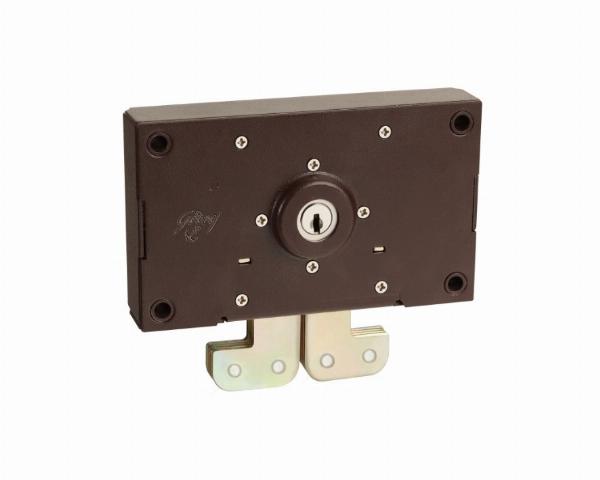How to Differentiate Demat and Trading Accounts: A Guide!

Strong 8k brings an ultra-HD IPTV experience to your living room and your pocket.
When it comes to investing in the stock market or engaging in equity trading, having a clear understanding of the two essential components - the Demat account and the Trading account - is crucial. In this guide, we will delve into the distinctions between these two accounts to help you make informed decisions while searching for the best Demat account.
What is a Demat Account?
A Demat account, short for a Dematerialised account, is an electronic account used for holding and safeguarding your financial assets in a digital format. These assets can include stocks, bonds, mutual funds, government securities, and Exchange Traded Funds (ETFs). The primary purpose of a best Demat account is to eliminate the need for physical share certificates and provide a convenient, secure, and efficient way to manage your investments.
Key Features of a Demat Account:
Asset Holding:
A Demat account holds your securities in an electronic format, making it easier to manage and trade them.
Safe and Secure:
It eliminates the risk of physical certificates getting lost, stolen, or damaged.
Easy Transfer:
You can transfer securities to others with ease through electronic transfers.
Record of Transactions:
It maintains a detailed record of all your investment transactions.
Online Access:
You can access your Demat account online, allowing you to monitor your investments in real time.
What is a Trading Account?
A Trading account, on the other hand, is used for buying and selling securities in the stock market. It acts as an intermediary between you and the stock exchange, facilitating your trades. When you want to execute a trade, you place an order through your Trading account, and it is then sent to the stock exchange for execution.
Key Features of a Trading Account:
Order Placement:
You can place buy and sell orders for various securities through your Trading account.
Real-Time Trading:
It allows you to trade in real-time, responding to market fluctuations.
Leverage:
Some trading accounts offer margin trading, allowing you to trade with borrowed funds.
Analysis Tools:
Trading accounts often come with tools and charts for technical and fundamental analysis.
Differences Between Demat and Trading Accounts:
Functionality
Demat Account: Primarily used for holding and safeguarding financial assets in electronic form.
Trading Account: Used for buying and selling securities in the stock market.
Purpose
Demat Account: Ensures the safekeeping of your investments.
Trading Account: Facilitates the execution of buying and selling orders.
Access
Demat Account: Provides online access to your holdings for monitoring purposes.
Trading Account: Allows real-time trading in the stock market.
Asset Transfer
Demat Account: Facilitates the transfer of securities between accounts.
Trading Account: Facilitates the buying and selling of securities.
Documentation
Demat Account: Requires minimal documentation for account opening.
Trading Account: This may require more documentation, including income proof, for trading.
Broker Dependency
Demat Account: Not dependent on any specific broker and can be linked to multiple trading accounts.
Trading Account: Tied to a specific broker for executing trades.
Fees and Charges
Demat Account: Typically incurs annual maintenance charges.
Trading Account: Have brokerage fees and transaction charges.
Choosing the Best Demat Account
Now that you understand the differences between Demat and Trading accounts, you can make an informed decision when choosing the best Demat account. Here are some factors to consider:
1. Broker Reputation: Select a broker with a good reputation and a track record of reliable service.
2. Account Opening Charges: Compare account opening charges and annual maintenance fees.
3. Trading Fees: Consider brokerage charges, transaction fees, and other trading-related costs.
4. Research Tools: If you are keen on equity trading, look for a broker offering comprehensive research tools and market analysis.
5. Customer Support: Ensure the broker provides accessible customer support for prompt assistance.
6. Trading Platforms: Evaluate the broker's trading platform for user-friendliness and reliability.
7. Integration: Check if the broker offers seamless integration between the Demat and Trading accounts.
A Demat account and a Trading account are integral parts of your journey in the world of investments and equity trading. Understanding their differences and how they work together is essential for managing your financial assets effectively. When searching for the best Demat account, consider factors like brokerage charges, account opening fees, and the quality of service offered by the broker. By making an informed choice, you can embark on your investment journey with confidence and clarity.
Note: IndiBlogHub features both user-submitted and editorial content. We do not verify third-party contributions. Read our Disclaimer and Privacy Policyfor details.







